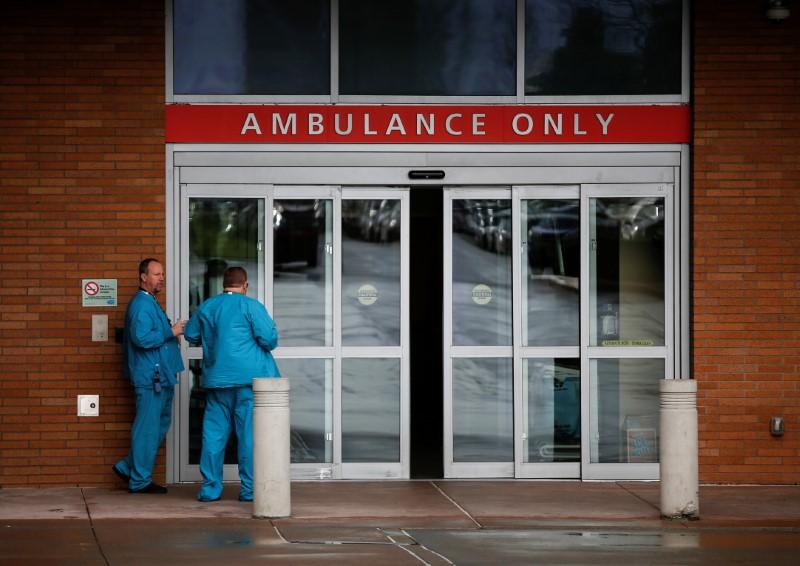Thousands of Americans who died due to COVID-19 had a range of “adverse events” listed on death certificates that seem far-removed from the disease like “contact with venomous animals and plants” and “air and space transport accidents,” according to the Centers for Disease Control and Prevention (CDC).
The agency’s most recent provisional death count figures, updated on Aug. 12 and covering from Aug. 8 all the way back to the first known cases of the CCP virus in the United States, show a total of 145,378 COVID-19 deaths.






